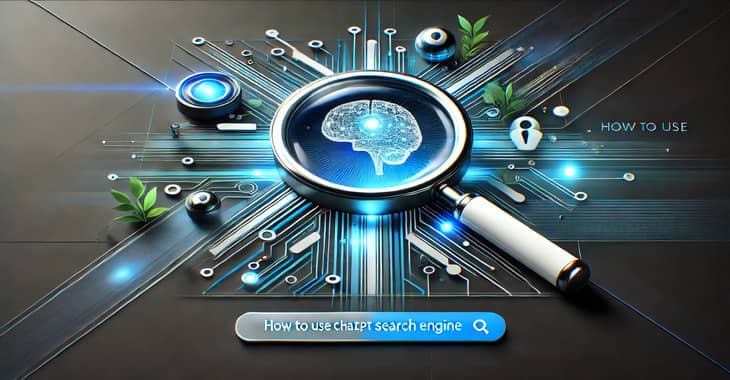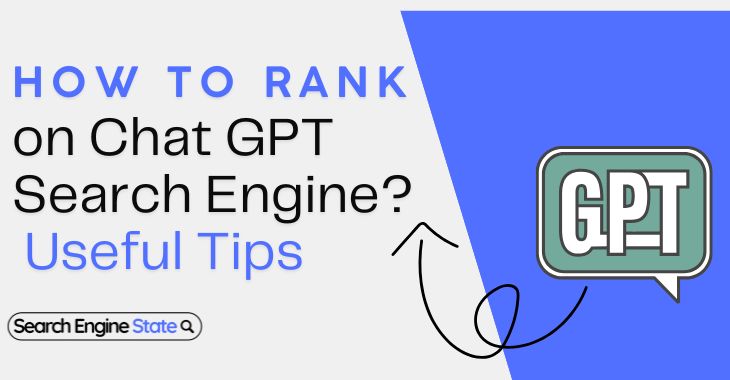Claude 3 Opus vs GPT-4: Which AI Model Suits You Best?
The landscape of AI language models with AI used in promotion was chock full of improvements, with Claude 3 Opus and GPT – 4 being the front runners. Every model possesses its own set of capabilities and strengths so that a user may choose the particular model according to its needs. I am going to go deep into the characteristics, applications, price, and overall performance of two of the most popular tools today, Claude 3 Opus and GPT-4.
What is Claude 3 Opus?
Anthropic’s latest iteration of its AI language model, Claude 3 Opus, is characterized as a safe, explainable, and user aligned model. Named after Claude Shannon, the ‘father of information theory’, the model focuses on ethical use of the AI, while providing the best of conversational and generative capabilities.
Key Features of Claude 3 Opus:
- Enhanced Safety Features: Focuses on reducing harmful outputs through extensive safety protocols.
- Explainability: It provides insights to its reasoning process, something critical in industries with transparency requirements.
- Scalable Context Windows: This handles large context making it good for long form content generation and complex queries.
- Customizable Outputs: Users are allowed to customize answers for different industries or for different use cases.
Best Use Cases:
- Content moderation policy enforcement.
- Customer support automation.
- Tools that need explanations before they can be used.
What is GPT-4?
OpenAI’s GPT-4 is a state of the art AI language model known for its versatility, creativity and robustness. It has been widely used for natural language understanding all the way to coding assistance.
Key Features of GPT-4:
- Advanced Natural Language Understanding: Good at understanding nuanced language inputs.
- Creative Writing and Ideation: Creates highly engaging content for marketing, storytelling and more.
- Multi-Modal Capabilities: More specifically, it supports text and image inputs for richer interactions.
- Wide Industry Adoption: Utilized in healthcare, education, tech and beyond.
Best Use Cases:
- Content creation and editing.
- Software development and debugging.
- Education with personalized tutoring.
Compariosn
Claude 3 Opus vs GPT-4: Feature Comparison
| Feature | Claude 3 Opus | GPT-4 |
| Safety and Alignment | Strong focus on safety protocols. | Good safety features but less explainable. |
| Creativity | Moderately creative. | Highly creative and versatile. |
| Context Handling | Excellent for long contexts. | Good, but context limits may apply. |
| Explainability | High, with detailed reasoning. | Moderate, less focus on transparency. |
| Industry Adoption | Emerging presence. | Widely adopted. |
| Pricing | Typically more affordable. | Premium pricing. |
Claude 3 Opus vs GPT-4 in Use Cases
| Use Case | Claude 3 Opus | GPT-4 |
| Content Generation | ✅ | ✅ |
| Customer Support | ✅ | ✅ |
| Coding Assistance | ❌ | ✅ |
| Policy Enforcement | ✅ | ❌ |
| Educational Tools | ✅ | ✅ |
Pricing Comparison
While exact pricing varies, general trends show that:
- Claude 3 Opus: More cost effective for small to medium businesses.
- GPT-4: More expensive, but for good reason if you need the next level of features.
Which Should You Choose?
Choose Claude 3 Opus If:
- You need transparency and safety in outputs.
- You do long form content or very thorough conversations.
- Budget is a primary concern.
Choose GPT-4 If:
- You need a creativity model like no other.
- Your applications require multi modal input.
- You need widespread industry support and documentation.
Conclusion
Depending on what you need, the best choice between Claude 3 Opus vs GPT 4 comes down to it. Although GPT-4 can help you write creatively and have a versatile use case; Claude 3 Opus has a more scalable and ethical AI approach. These are both the best of AI technology, and depending on your goals, provide incredible value.



